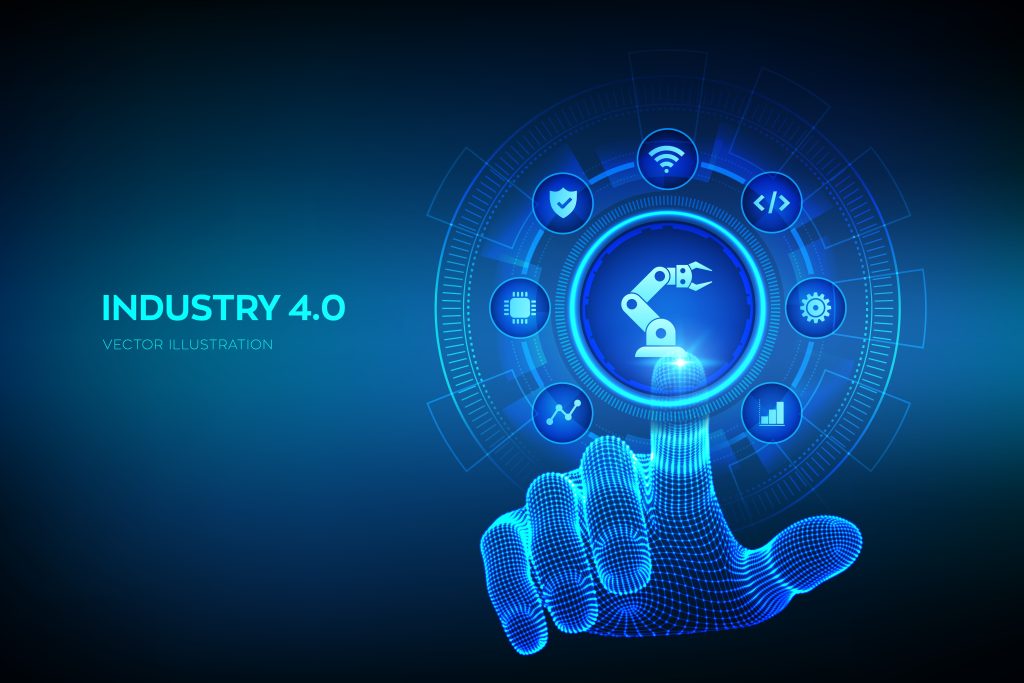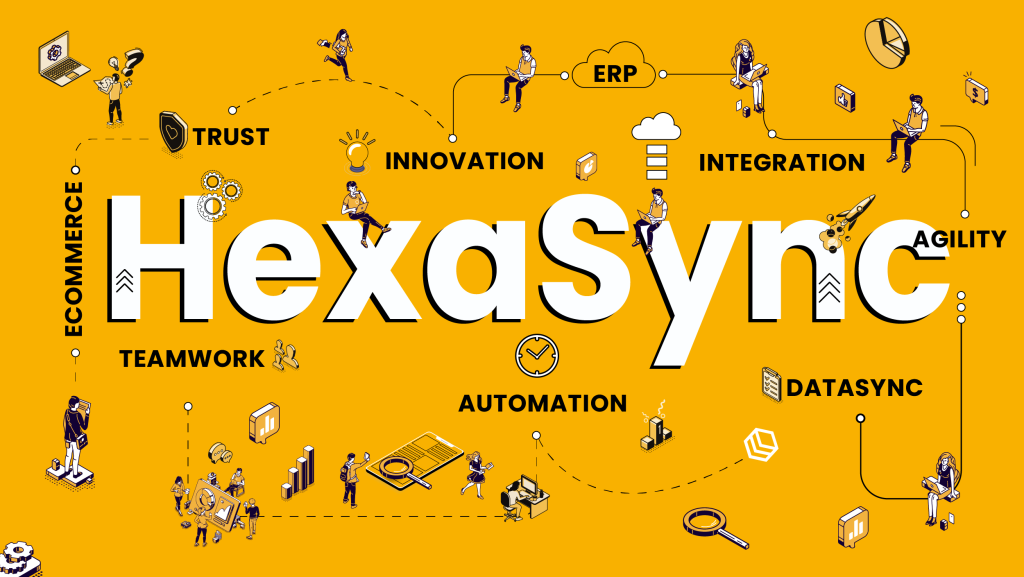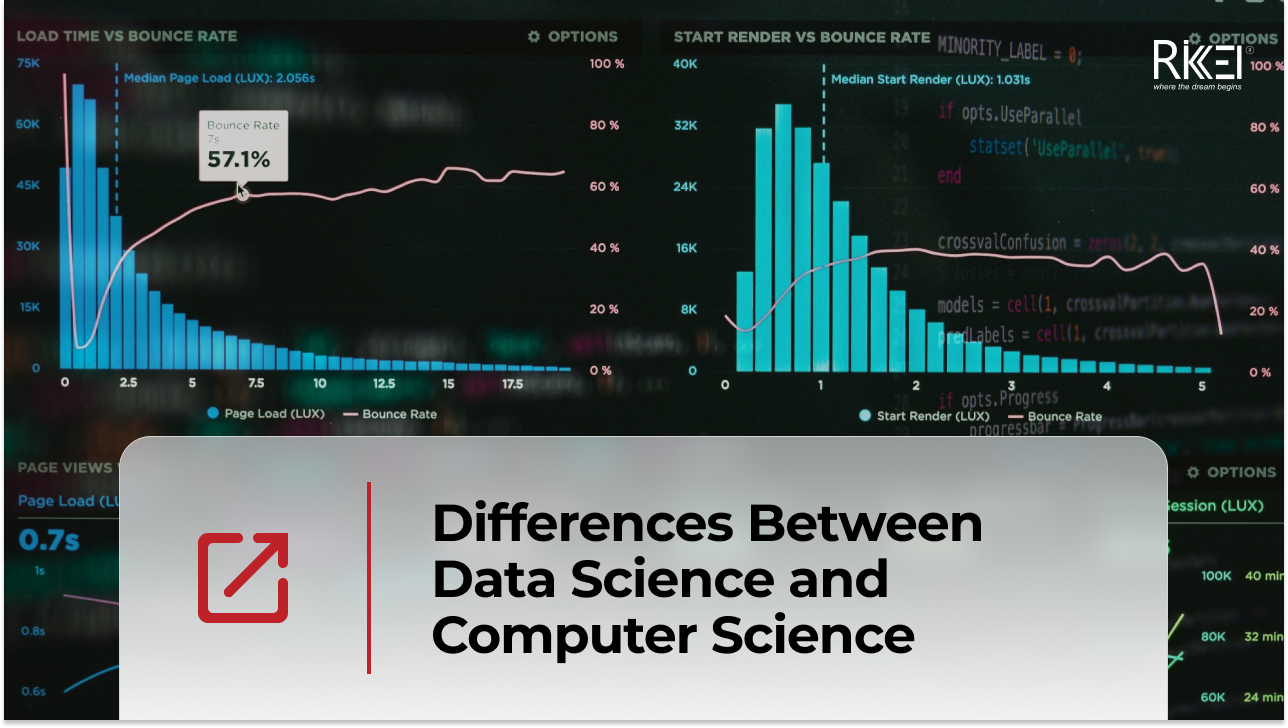Why Do Businesses Need To Update Digital Transformation Trends?
Contents
Why is Digital Transformation Critical for Businesses?
Digital transformation trend has largely facilitated organizations’ utilization of advanced technologies. Business owners always try to use different strategies to adopt new changes and improve business processes. Why is it necessary for businesses to do so? In this article, we will answer this question.
What is Digital Transformation?
According to Gartner, “digital transformation” refers to anything from IT modernization and digital optimization to the invention of new digital business models. Besides, in business, digital transformation is the process of exploiting digital technologies and supporting capabilities to create a robust new digital business model.
The following industries are accelerating digital transformation:
- Manufacturing
- Retail
- Healthcare
- Marketing
- Transportation and logistic
- Insurance
- Foodservice and supermarkets

The Benefits of Digital Transformation
In running a business, every owner wants to earn profits in the fastest ways possible while optimizing their resources. Therefore, digital transformation is essential for helping them speed up their business. It changes almost all processes, including systems, processes, workflows, cultures, and others.
Although digital transformation has a significant effect on businesses, some of them are still hesitant to apply it. However, during the COVID-19 pandemic, everyone is starting to realize the importance of adopting new technologies and making an effort to take advantage of their benefits.
Some key benefits of digital transformation include the following:
- Enhance data collection
- Reduce business costs
- Stronger resource management
- Data-driven customer insights
- A better customer experience
- Increased profits
- Increased agility
- Improve productivity
Why Do Businesses Need Regular Technology Updates?
We all know that regularly applying modern technologies to business processes is a great way to boost productivity and revenues. However, must every organization adopt it? What happens if we run the business without updating new technologies? Let’s explore with us!
Technology constantly changes
Searching, evaluating, selecting, and implementing the most suitable technologies take a lot of time and resources. However, technologies always innovate and offer various new business models, creating multiple major opportunities for business improvement. Because it is a continuous process, not a one-time activity, you need to update the new one or improve the business systems after some time. This constant activity will ensure customer satisfaction and deliver the maximum ROI.
The cruel competition
While organizations might believe their existing technologies are adequate, that does not mean they will never be outdated. Each organization makes a large effort to apply any new technology that promises to improve its processes. They will try different solutions to stand out from their competitors. If you are still hesitating to make a new strategy for transformation, you will be held back.
The risk of data hacking
The more developed technologies, the higher people’s ability to adapt. Therefore, hackers and cybercriminals always have sophisticated skills to break into old or outdated systems and steal users’ information. When releasing any software, updating to new and robust security is critical to protecting data from leaks. If the company fails to keep up with the latest technologies, bad actors may be able to compromise the company’s security and integrity.
Boost employee motivation and customer satisfaction
Working with outdated or ineffective systems for a long time can cause frustration for employees. They must spend a significant amount of time and resources just to complete a simple task or deal with human errors. It leaves them with less time to focus on their customers. As a result, the customers may not appreciate the service quality and stop making purchases. To enhance productivity, businesses need to constantly update their functionalities to offer the best experience for both employees and customers.

How Often Do Businesses Need to Upgrade Their Technology?
We found it necessary to update the digital transformation for business growth. However, when is the most suitable time to adopt the new technologies? If you upgrade too early, you may waste many existing resources. If you upgrade too late, your business systems may be outdated. Once your business has one of the following signals, it’s time to change your technology.
Downtime
Due to unreliable technology, most systems will encounter some errors, even outages. If this situation becomes frequent, it will affect the business’ efficiency and ability to offer good services. Besides, excessive downtime may harm your brand, which is difficult to recover from. It’s time to upgrade your technology as soon as possible to eliminate the current troubles, whether they are losing money, wasting resources, failing to get new opportunities, losing loyal customers, etc.
High energy cost
You need to find and apply new technology when your legacy systems use a large amount of energy. Maybe you have to spend a hefty investment on upgrading devices such as computers, automated equipment, and printers. However, you will save many money and resources in the long term.
Changing of company direction
Your company intends to change its approach to products and services or to launch a new one. This could be time to reconsider the performance of the facilities and technologies. Though the current platforms or applications still work well, scaling or changing business direction can facilitate new opportunities to assess the technology’s capabilities.
In return, constantly upgrading technologies can assist organizations in setting up new processes to navigate in a new direction. For example, joining the cloud marketplace is a great solution to take advantage of eCommerce market benefits in the new remote work ecosystem.
Security concerns
As we mentioned above, poor security is a great opportunity for hackers and cybercriminals. All information and data will leak out, threatening the security and integrity of businesses. Therefore, once you feel someone is trying to break your security, let’s apply new technology.
Low productivity
Business productivity is important for generating high profits and winning in a competitive market. So, when technology is downgraded, business productivity will be affected. It includes reduced profitability, a lack of creativity and motivation, a slowdown in project timelines, and so on. These may be emergency alarms informing you that you need to upgrade the systems to keep your business humming.
Compatibility of the legacy system
In some cases, the owners know their technology is overdue, but they are not ready to invest. Due to low budgets, they can only update certain technologies. However, some legacy systems may not be compatible with the new ones, leading to lower business productivity. As a result, it’s time to find solutions to solve this problem, such as integration or installing a completely new one.

On the market, many reputable providers offer integrated solutions that can help businesses connect two or more systems. For instance, Beehexa is a software solution provider with nearly 10 years of experience in providing technology services. They launched the HexaSync Integration Platform and have assisted various worldwide entrepreneurs to automate business processes. HexaSync works as the middleware that even connects the legacy system with other SaaS applications.
Conclusion
To summarize, digital transformation is one of the quickest strategies to accelerate business growth. Because this process constantly evolves, all organizations must investigate, compare, and update the most appropriate new technology to avoid falling behind.
The above material answers the question: Why does a business need to update its digital transformation? We hope you find this information helpful. Please do not hesitate to contact us if you have any questions.
More From Blog

August 8, 2024
Data-Driven Product Development: Strategy To Drive More Sales
As a business owner, you want your products or services to be well-received upon launch. The most effective way to create a product that satisfies a broad range of customers is to gain insights into their needs and behaviors from the outset. The key lies in data-driven product development, a strategy that many companies have […]

August 8, 2024
7 Steps To Establish A Data-Driven Governance Program
While data-driven approaches significantly benefit organizations in various ways, failure to govern the huge data sets will hurt your business even more. Effective data management also ensures data quality and security. That’s why there is an increasingly high demand for data-driven governance programs. Continue reading for a detailed guide! What Is Data-Driven Governance? Surprisingly, many […]

August 8, 2024
Data-Driven Business Transformation: 7 Steps To Follow
Data empowers businesses to make well-informed decisions in different departments, like marketing, human resources, finance, and more. As a business owner, you should also employ data-driven approaches to skyrocket productivity and efficiency. If you are still new to this concept, scroll down for an in-depth guide on data-driven business transformation. What Does A Data-Driven Business […]

August 8, 2024
Data-Driven Security: Transforming Protection Through Analytics
Cybersecurity was once an afterthought for most organizations. But in today’s digital landscape, it has become mission-critical. With this transformation has also come a shift in how security decisions are made. Rather than relying solely on intuition and tradition, leading organizations are embracing data-driven strategies. By using metrics and insights around threats, vulnerabilities, and more, […]

August 8, 2024
Differences Between Data Science and Computer Science
Data Science and Computer Science are distinct fields overlapping in certain areas but have different focuses and objectives. The article below will help you clearly understand the differences and the close connection between the two fields. What is Data Science? Data Science is an interdisciplinary field that combines scientific methods, processes, algorithms, and systems to […]

August 8, 2024
How Real-Time Data Analysis Empowers Your Business
In today’s fast-paced business landscape, the ability to quickly make data-driven decisions has become a key differentiator for success. Real-time data analysis, the process of analyzing data as soon as it’s generated, has emerged as a powerful tool to empower business across industries. By leveraging real-time data analysis, organizations can gain timely and actionable insights, […]

